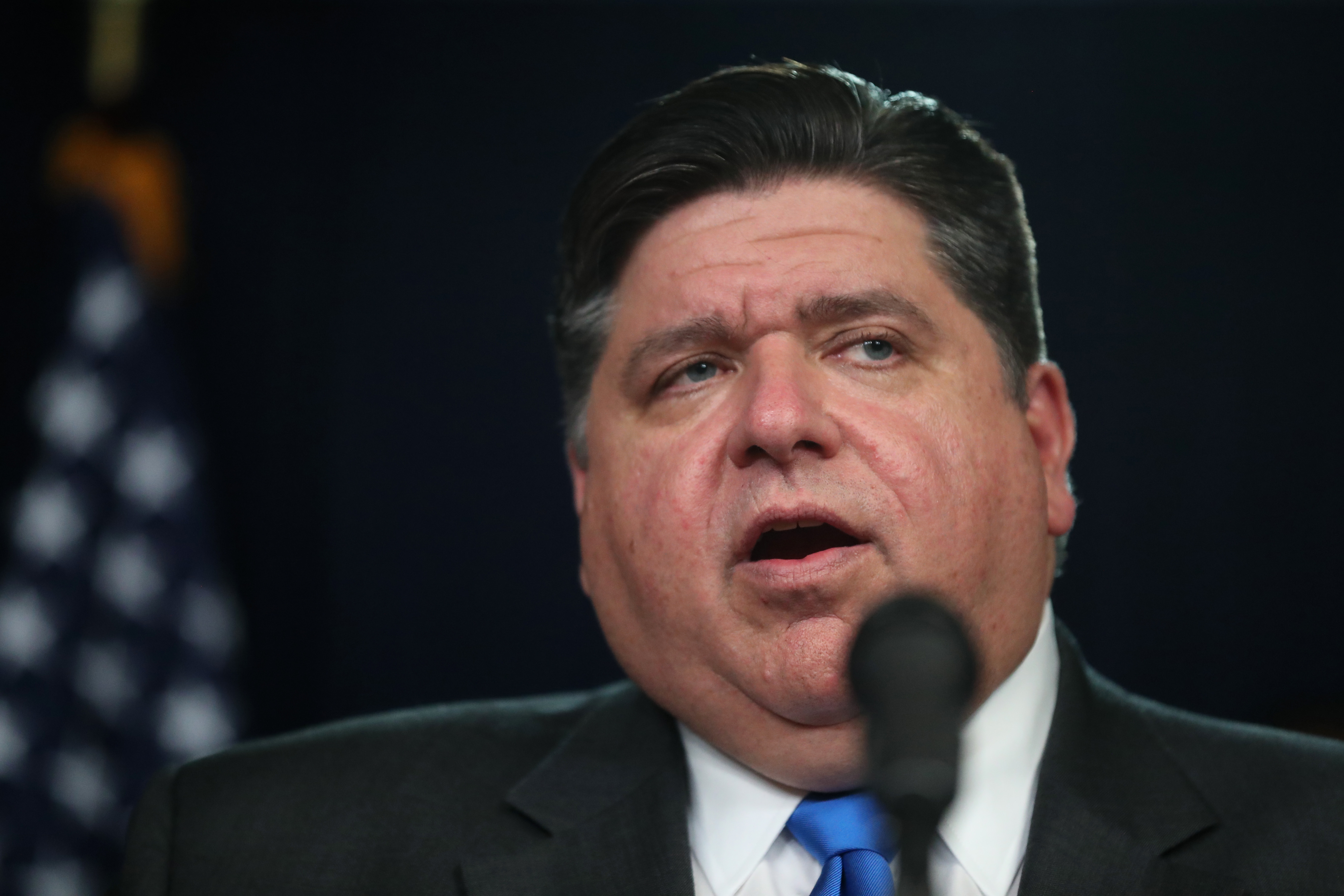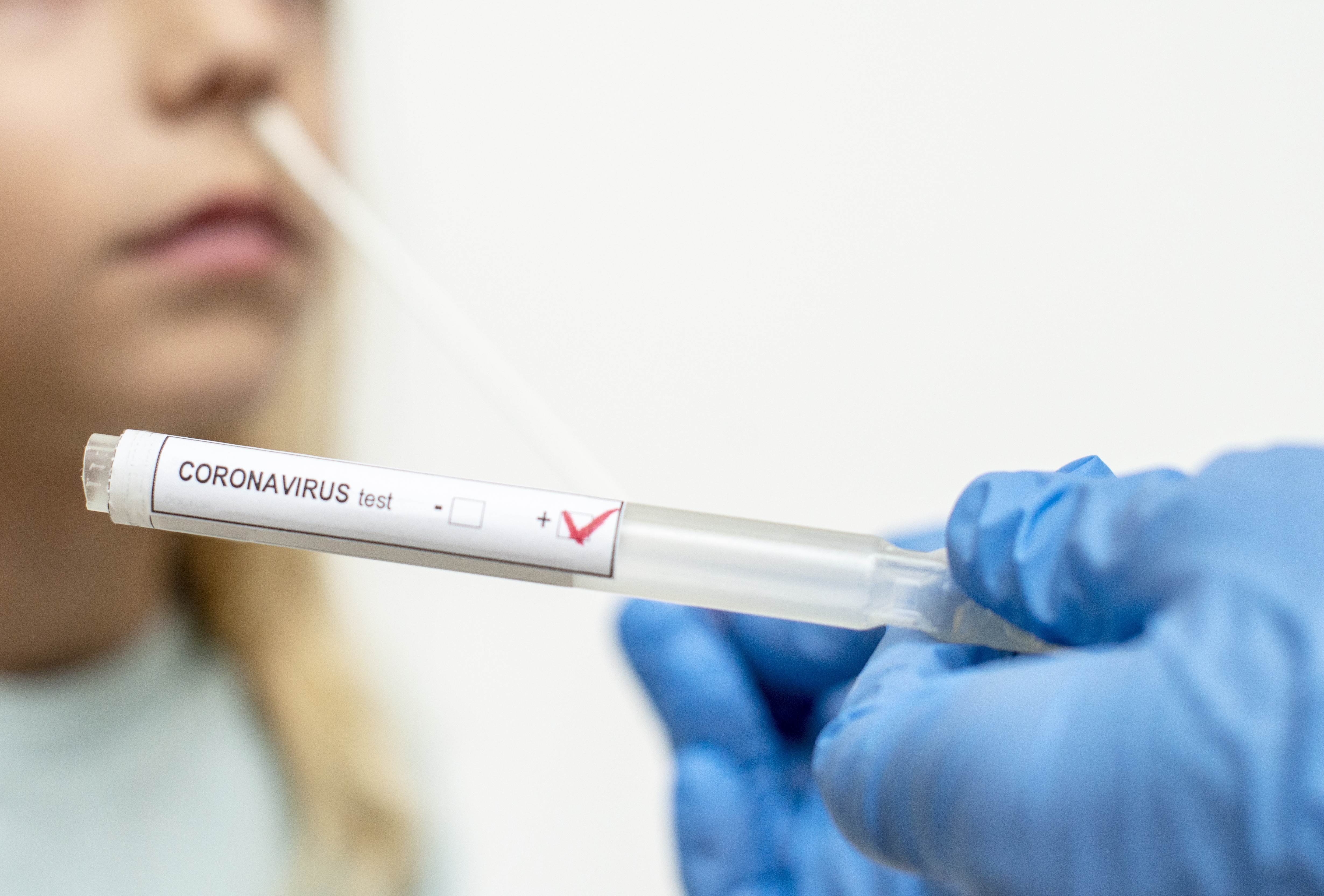Illinois' total number of coronavirus cases climbed to 45,883 Monday with 1,980 in the last 24 hours, health officials announced.
There were also 50 deaths in the last 24 hours, bringing the total number of fatalities associated with the virus in the state to 1,983.
The increase in cases comes as the state also raises the number of tests being conducted statewide. More than 200,000 people have been tested across Illinois since the pandemic began.
As of midnight Monday, the state reported 4,672 hospitalizations associated with the virus. The number marks an increase of 73 patients from one week earlier. At the same time, 34 percent of the state's ICU beds were occupied.
Of the 4,672 hospitalizations, 763 are currently on ventilators, Gov. J.B. Pritzker said.
Last week, the state opened two drive-thru testing sites for anyone experiencing symptoms and on Monday, Chicago opened a free facility at a West Side hospital.
"I want to stop and take a moment to address those who think coronavirus is just a Chicago and Cook County problem, and that downstate Illinois is immune or doesn’t need restrictions," Pritzker said. "Folks, that’s just not how this virus operates. COVID-19 knows no county or regional boundaries. It’s clear that some people are simply looking at the number of cases in a county and not looking at the infection rate. Of the top five counties by infection rate, two of them are downstate. In order, that’s Cook, Jasper, Lake, Will, and Randolph. Even more troubling: COVID-19 has played a role in the deaths of Illinoisans in 42 of our counties around the state – with the top two rates of death per capita being Jasper and Monroe counties. That means you’re more likely to die of COVID-19 if you live in either of those two counties than if you lived in Chicago or Cook County. When these factors are taken into account, the overall picture around COVID-19 in Illinois is quite different than many have assumed."
Illinois' modified stay-at-home order takes effect Friday.
The new order now mandates face coverings for all Illinois residents who must go to public spaces, like grocery stores, where social distancing isn't possible. It also allows for the reopening of several businesses across the state, as well as golf courses and state parks.



